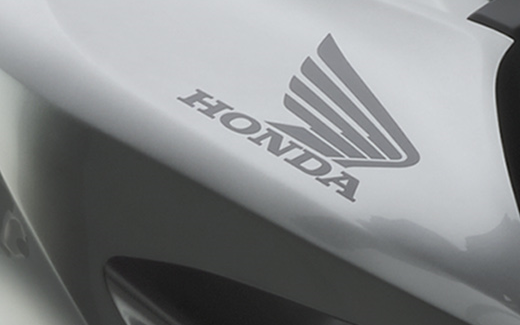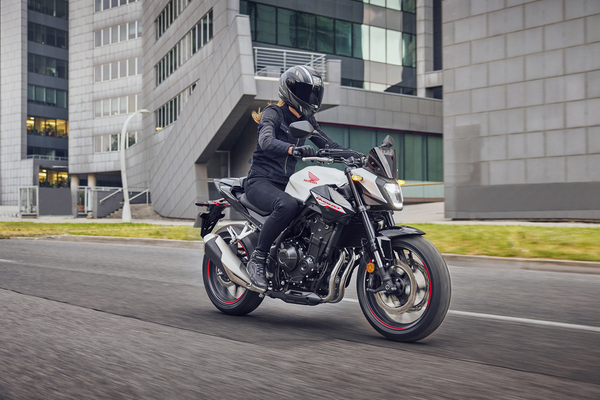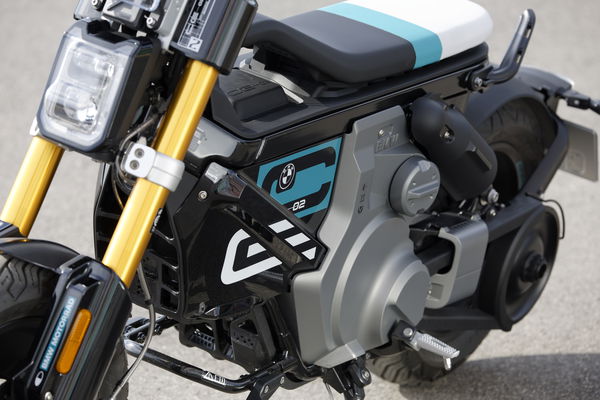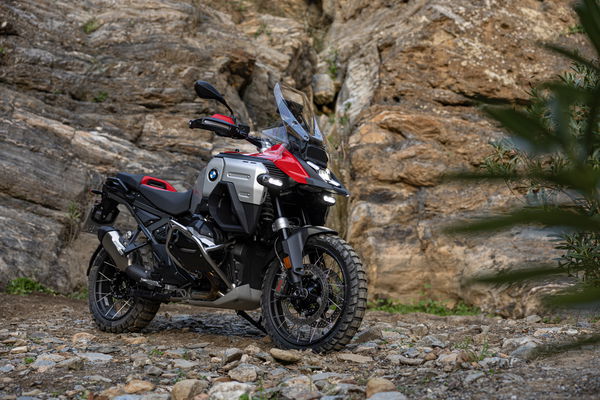Honda Developing New Airbag Tech
New patents show that Honda is working on a new airbag system for its motorcycles that is comparable to the systems used in cars

The arrival of airbags in the past 10-15 years has transformed motorcycle safety, and Honda seems set to take the technology a step further.
Having first arrived in MotoGP in the late 2010s inside the leather suits of a number of Alpinestars-sponsored riders, airbags have become a key part of motorcycle safety in recent years. By now, you can buy Alpinestars airbags to fit inside the protective gear of different brands, and Dainese was close on the heels of Alpinestars with its own airbag system that is now available to the consumer.

A new development from Honda revealed in patents published by Cycle World looks to take motorcycle airbag technology a step further.
The airbag Honda is proposing would be fitted to the rear part of a motorcycle’s fuel tank section, hidden under bodywork. In that sense, it's not too dissimilar to the airbags found on cars, which are hidden behind the surfaces of the interior - the steering wheel and passenger-side dashboard, for example.
However, a motorcycle crash is distinctly different to a car crash, because a motorcycle rider (and passenger) are almost guaranteed to separate from the vehicle in a crash, indeed this is the desired outcome, whereas the inhabitants of a car are almost guaranteed to remain within the vehicle during a crash, and again this is the desired outcome that manufacturers engineer towards (with seatbelts, for example).
So, what use would an airbag attached to a motorcycle be? Because, surely, the rider will be removed from the bike, and therefore the protection of the airbag, before they hit the ground.

Well, not so surely, actually. Honda’s system is designed to detach from the motorcycle after inflation. Two inflators are used, and both seal to ensure the airbag remains inflated, while the airbag itself inflates in a shape which wraps around the rider, essentially hugging them as they fall.
The keys to the design is maintaining reliability after years of non-use, maintaining pressure after detachment, and low cost.
If and when this reaches production, it could be a huge step forward for motorcycle safety, as riders wouldn’t have to talk themselves out of wearing an airbag-enabled jacket for comfort or cost reasons, and of course, the additional cost of an airbag is proportionally smaller when that cost is added to a motorcycle than when it is added to a jacket or a leather suit.
Find all the latest motorcycle news on Visordown.











